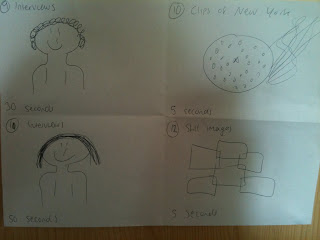In what ways does your media product use, develop, or challenge forms and conventions of real media products?
Watching many documentaries over a variety of different channels helped me develop my work. Watching BBC, Channel 4 and five was very useful as each individual channel had it's own way of distributing information through documentaries.
After analysing the different types of documentaries, i decided that Channel 4 was the style i like best and was better suited for my target audience.
I think my media product did challenge some of the forms and conventions of other media products, it's a very sensitive subject, so the fact that my focus is on younger people is a challenge it itself and i think it has affected their lives more than most, the event of 9/11 shaped the whole world, but the biggest group of people affected were the younger generations, this is why i wanted their opinion.
However it does use the classic concept of a documentary which is to inform. My documentary shows people that people are trying to make a change, rebuilding Ground Zero is a huge step for America and i think the younger generation need to realise that the world does overcome tragedy and it's not wrong to voice you views and opinions.
The way my documentary is filmed follows the forms and conventions of a documentary mainly in the focus of in the interviews.The person being interviewed is either situated to the left or the right of the screen and their attention is not on the camera but on the person they are talking to. Also the use of informative subtitles, introducing the person talking and what subject they study as that could have an impact on their opinion.
The use of cut-aways is also apparent and follows the forms and conventions of a documentary, as due to the fact my documentary is about 9/11, i have several still images and clips of NewYork and Ground Zero itself. Cut aways are used to split up all the different types of footage, the cut aways that i have used are relevant about the issue being raised and talked about.
This is a shot of New York screen-shot from my documentary.
This is also ashot of New York screen-shot from my documentary.
This is a shot of some of the rebuild at Ground Zero screen-shot from my documentary.
In my documentary i didn't use a voice over, which is challenging a form and convention of a documentary. I let the voices of the people being interviewed do the work. However to modernise my documentary i did use music to play over some of clips to help younger people relate, this song was 'Empire State of Mind Part II' - By Alicia Keys.
How effective is the combination of your main product and you ancillary tasks?
I think they connect really well due to the fact that the opening shot of my documentary is an American flag. The
Also the fact that my ancillary background is an American flag, that instantly links the two together.
The quotes featured on the advert are taken from the documentary which if the audience who see the advert decide to watch the documentary will understand this.
The reason i did this print advert in a landscape design is that due to it being advertised in a newspaper, they may only buy a certain section of the page and landscape's are easier to divide.
The fact that my listings advert has pictures of New York and pictures of young people help the audience to understand that the documentary focuses more on the younger generation and New York sets the scene and links to the subject of 9/11 as that is where parts of my documentary were filmed and seeing as 9/11 took place in New York i think they all fit together very well.
What have you learnt from your audience feedback?
My main source of audience feedback was through a questionnaire.
Circle or tick the answer that apply to you
What age category do you fall under?
What age category do you fall under?
16- 16-25 26- 35 36-45 46-55 56+
What is your gender?
What is your gender?
Female Male
What is your occupation?
What is your occupation?
Student Unemployed Professional Retired
What style of music do you prefer?
What style of music do you prefer?
Pop Rock Classical Indie RnB
Other………………………….
What TV channel is your favourite?
What TV channel is your favourite?
BBC1 BBC2 ITV1 Channel 4 Five E4
Other ……………………………….
Do you often do you watch documentaries?
Do you often do you watch documentaries?
Always Often Sometimes Never
When would you most likely watch a documentary on TV?
When would you most likely watch a documentary on TV?
6pm-7pm 7pm-8pm 8pm-9pm 9pm-10pm
Would you prefer a male or female voice over?
Would you prefer a male or female voice over?
Female Male Either
Would you like expert interviews included?
Would you like expert interviews included?
Yes No No preference
What documentaries do you prefer to watch?
What documentaries do you prefer to watch?
Factual 3 minute wonders Mainstream One-off’s Series
And with the results given, this helped me develop my documentary. It helped me make key decisions like the time slot of my documentary and what my target audience would generally be.
But by gaining audience feedback i realised some changes need to be made, i did originally have a voice over, but when focusing on the younger generation they would prefer music to keep them engaged and follow the documentary by the views and opinions of the interviews, so i decided to take out the voice over.
Showing my documentary to a group of my friends they thought the narrative was easy to follow, some commented on the fact it was like a path, showing the destruction at the beginning and how that had affected everything then the ripple effects caused, kind of like aftershocks after an earthquake, but then the rebuilding process, the footage of Ground Zero being rebuilt.
Then showing it to my parents are they are an older generation, they focused more on the interviews themselves and the information, views and opinions being distributed and how they contributed to the documentary itself.
How did you use new media technologies in the construction and research, planning and evaluation stages?
I used many different technologies during the different stages of making the documentary. The use of New Media Technology (NMT) throughout constructing my media product was useful, i used a sony SLR camera with full HD movie, which meant my footage itself was very clear, and the sound quality impressive.
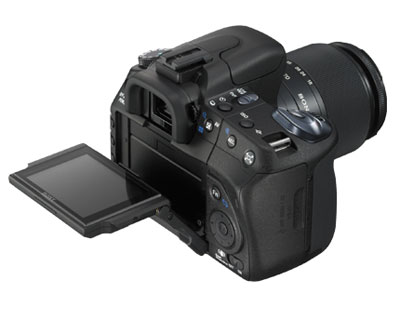
When researching my product i used web 2.0, which included Google Images, Facebook and Youtube to source inspiration and ideas. It helped know what would be appropriate within my documentary as it focused on a sensitive subject.
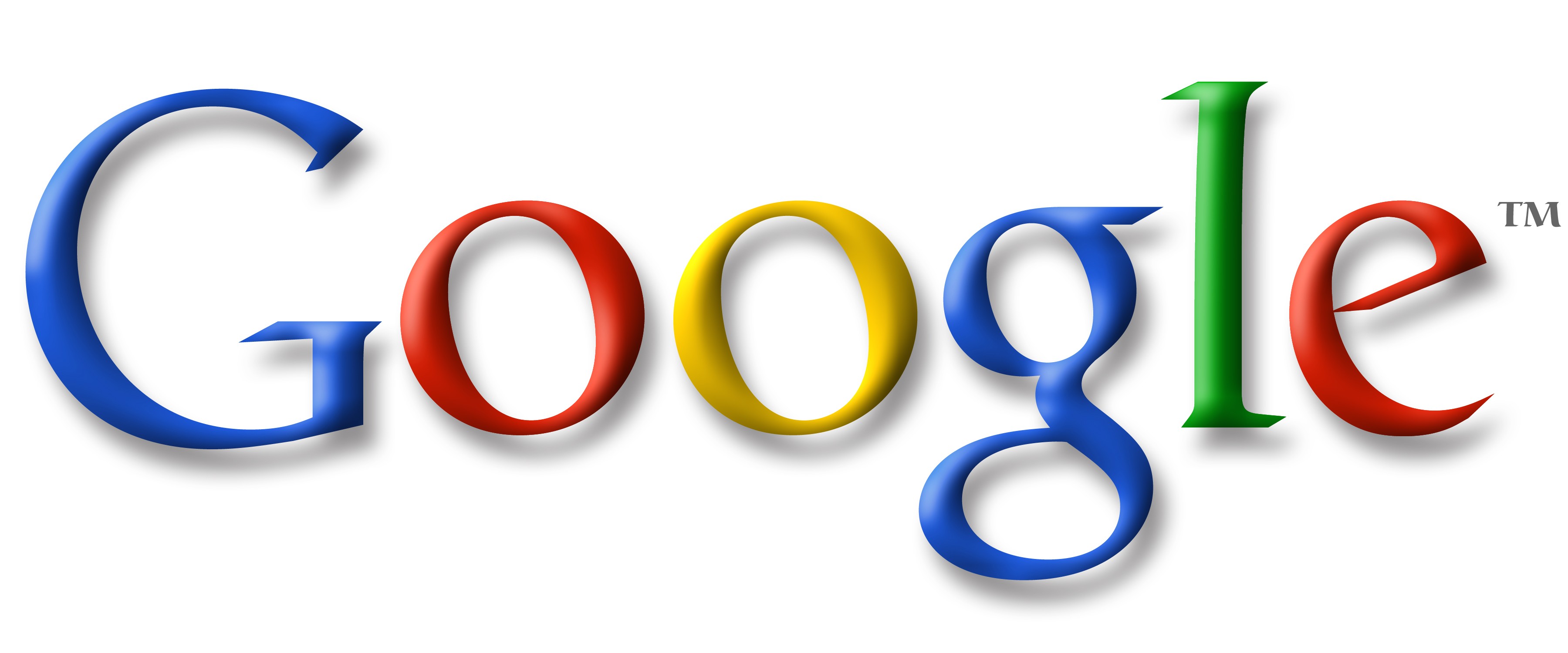

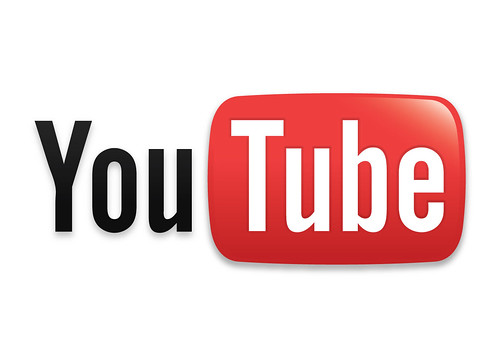
Also the use of imovie during the editing process helped with the making of my product and the use of Photoshop for my ancillaries.
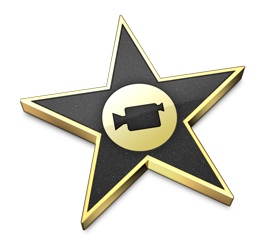

All the different levels of technologies that I used was very useful an effective. Different programmes and light weight easy to handle equipment made it easy to film, record and editing in the easiest more effective way.


































